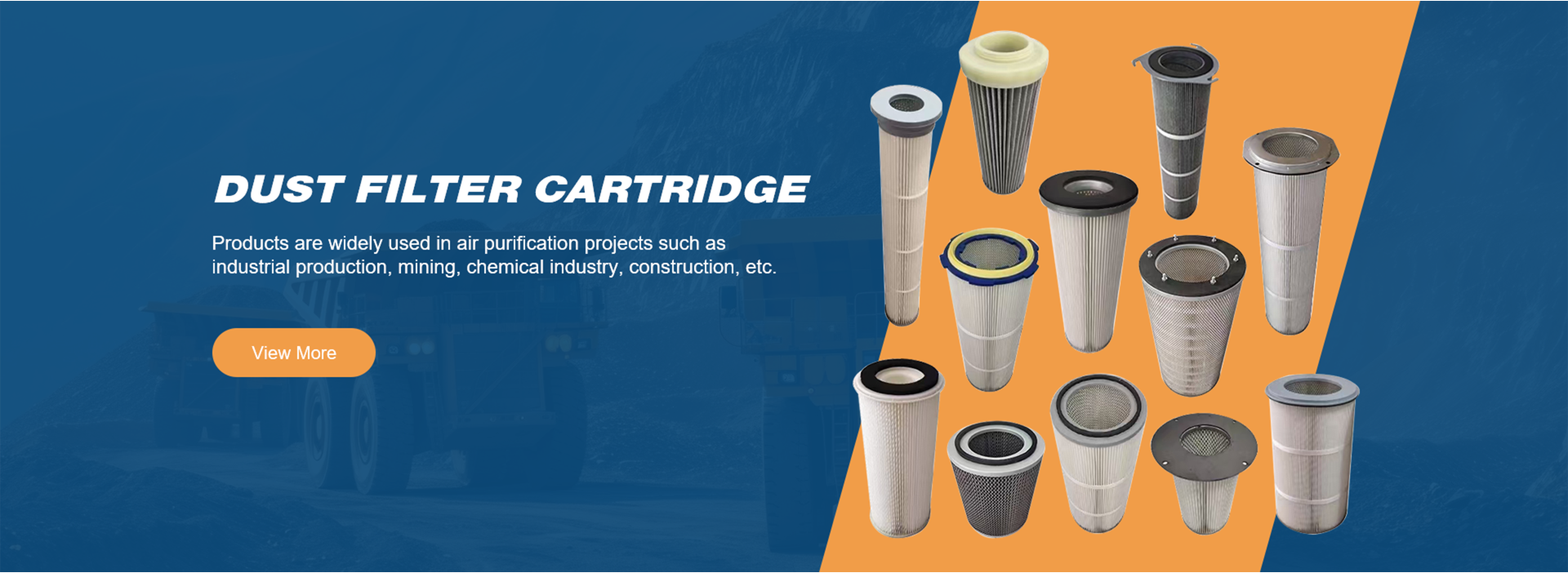 Tel:
+8615930870079
Tel:
+8615930870079
Dec . 09, 2024 16:49 Back to list
High-Performance Stainless Steel Filter Elements for Durable Filtration Solutions
The Importance of Stainless Steel Filter Elements in Modern Filtration Systems
In today's industrial landscape, the significance of filtration cannot be overstated. From manufacturing to water treatment, effective filtration plays a pivotal role in enhancing process efficiency, ensuring product quality, and maintaining environmental standards. Among the various materials used in filtration systems, stainless steel filter elements have emerged as a preferred choice for many applications. This article delves into the properties, advantages, and applications of stainless steel filter elements, demonstrating why they are indispensable in modern filtration technologies.
Properties of Stainless Steel Filter Elements
Stainless steel filter elements are designed to perform efficiently under a variety of conditions. Constructed from alloys that primarily consist of iron, chromium, and nickel, these elements are renowned for their corrosion resistance, strength, and durability. The presence of chromium forms a passive layer of chromium oxide on the surface, which protects the metal from environmental damage, rust, and corrosion. This makes stainless steel filter elements ideal for challenging applications where exposure to harsh chemicals and high temperatures is a concern.
Another advantageous property of stainless steel is its ability to withstand high pressures. This is particularly important in industries such as oil and gas, where filtration systems are required to operate under extreme conditions without compromising performance. Additionally, stainless steel filter elements offer an array of filtration options ranging from coarse to fine filters, catering to diverse operational needs.
Advantages of Stainless Steel Filter Elements
1. Durability and Longevity One of the most significant advantages of stainless steel filter elements is their extended lifespan. Unlike other materials, such as paper or plastic, stainless steel does not degrade over time, making these filter elements a long-term investment. This durability leads to reduced maintenance and replacement costs in industrial settings.
2. Heat Resistance Stainless steel can withstand high temperatures, making it suitable for applications that involve heated fluids or gases. This heat resistance ensures that the filter elements maintain their structural integrity and filtration efficiency, even under extreme conditions.
3. Ease of Cleaning Stainless steel filter elements can be easily cleaned and reused, which enhances their cost-effectiveness and sustainability. Techniques such as backwashing, ultrasonic cleaning, or chemical cleaning can be employed to remove accumulated contaminants without damaging the filter.
stainless steel filter element

4. High Filtration Efficiency These filter elements provide excellent filtration performance, with the ability to capture particles of various sizes. This characteristic is crucial for ensuring that the final product meets quality standards and regulatory requirements.
5. Environmental Compliance In an era of increasing environmental awareness, stainless steel’s recyclability aligns with sustainability goals. Using stainless steel filter elements reduces waste, as they can be repurposed or recycled at the end of their life cycle.
Applications of Stainless Steel Filter Elements
Stainless steel filter elements find application across a wide range of industries. In the oil and gas sector, they are essential for removing impurities from crude oil and natural gas, ensuring the purity and safety of the final product. Similarly, in the chemical industry, these filter elements are used to protect equipment by preventing contaminants from entering the system, thus extending the lifespan of machinery.
In food and beverage processing, stainless steel filters play a crucial role in ensuring product hygiene and safety. They help maintain the quality of consumables by filtering out sediments and contaminants. Likewise, in pharmaceutical production, where precision is paramount, stainless steel filter elements safeguard the integrity of the products.
Water treatment also benefits significantly from stainless steel filtration technology. These elements are employed in both municipal and industrial water purification systems, ensuring the removal of harmful particles and pathogens to provide clean, potable water.
Conclusion
Stainless steel filter elements offer a unique combination of durability, efficiency, and versatility, making them an ideal choice for modern filtration systems across various industries. Their ability to withstand harsh conditions and deliver long-term performance underscores their importance in enhancing process efficiency and product quality. As industries continue to evolve and demand more from their filtration solutions, stainless steel filter elements will remain at the forefront of this vital technology, proving their worth time and again. Embracing stainless steel filtering systems not only promises operational excellence but also aligns with global sustainability initiatives—a win-win for businesses and the environment alike.
-
Types and Applications of Air Filtration CartridgesNewsJul.28,2025
-
The Role of Gas Turbine FiltersNewsJul.28,2025
-
Mastering Air Filter Cartridge UseNewsJul.28,2025
-
Advanced Turbine Filters for Modern Gas TurbinesNewsJul.28,2025
-
Cellulose Air Filter Cartridge Advantages in Dust FiltrationNewsJul.28,2025
-
Cellulose Filters for Air Particle ReductionNewsJul.28,2025

 Email:
Email:





